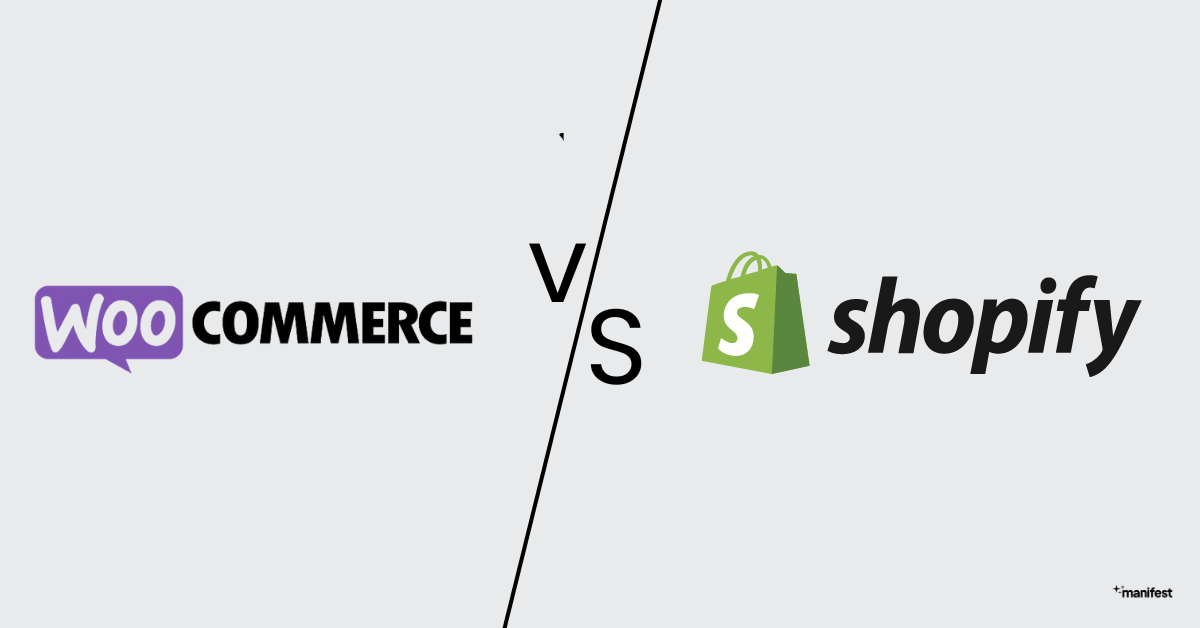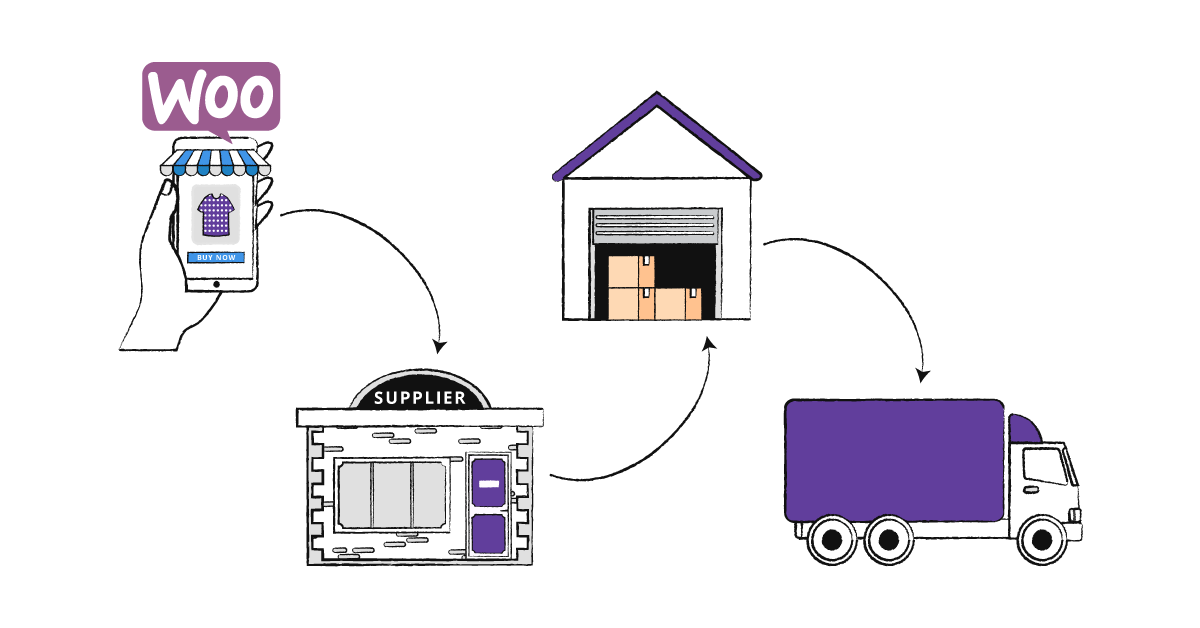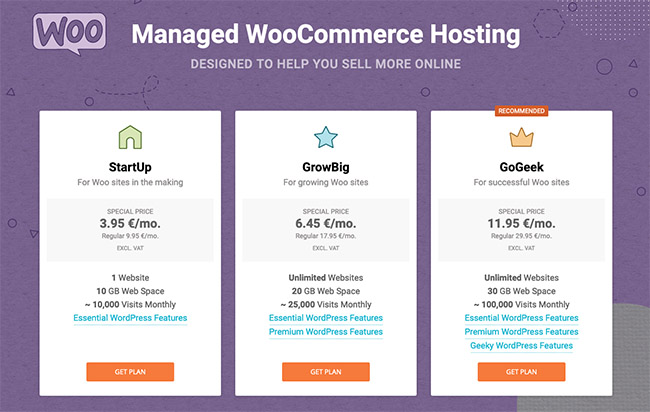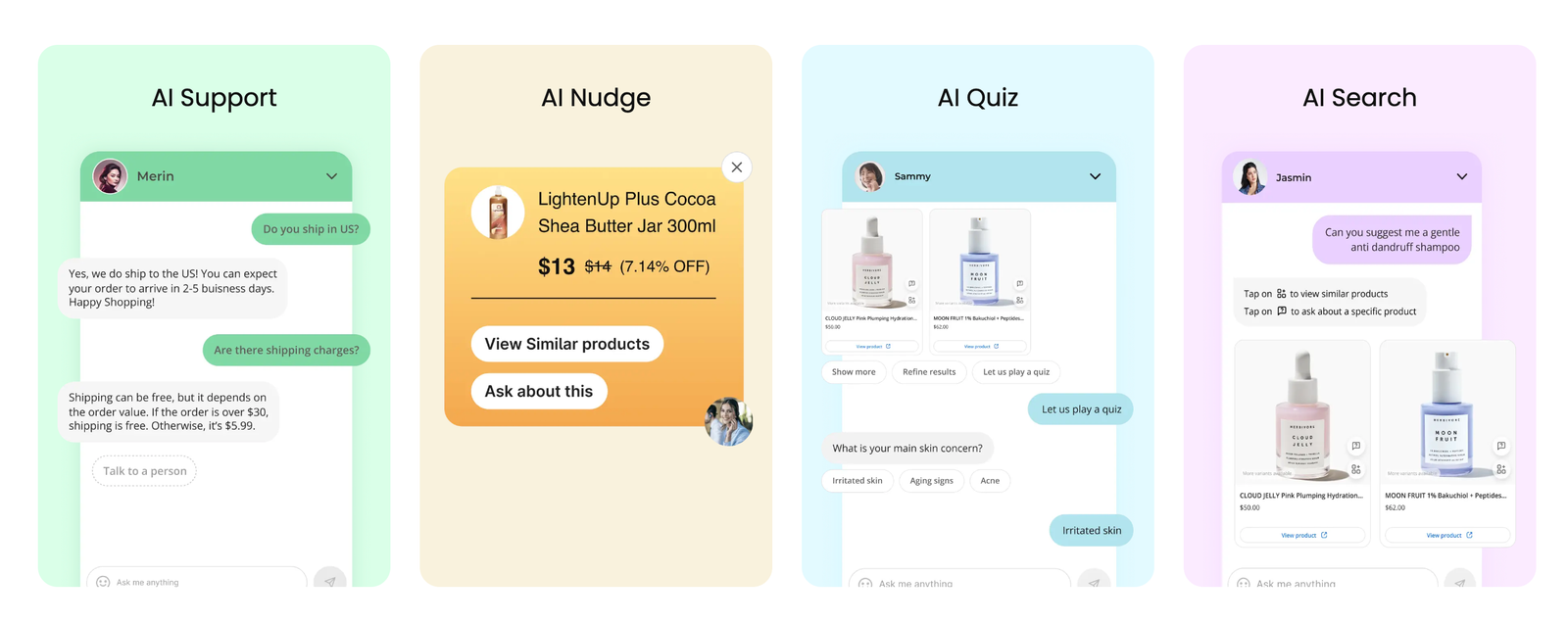WooCommerce Vs Shopify: Which is the Better eCommerce Solution? (2024)

Choosing between the titans – WooCommerce vs. Shopify – isn’t always simple and easy. Without in-depth knowledge, you can’t say which is the best eCommerce platform. This WooCommerce vs Shopify guide was written to compare the two popular options.
Shopify has everything you need to get started out of the box. You can proceed to open your eCommerce platform and begin accepting payments. It has its hosting solution, so you don’t need to look for a hosting provider separately. You also don’t need to buy a separate hosting package.
WooCommerce is an open-source plugin that’s added to WordPress. You can activate it like any other WordPress plugin if you use this content management system, which tens of millions do. If you haven’t built your website yet, you must first do so with WordPress and then install WooCommerce if that’s the tool you want to choose.
You can run the plugin on an in-house server, but many eCommerce platform owners buy separate web hosting for WooCommerce.
Now, let’s get into the details.
Better for Dropshipping: WooCommerce

Dropshipping is where the online store mediates between vendors and customers, letting the former operate without storing stock. WooCommerce makes installing and integrating extensions simple, making it a popular platform for drop shipping. The WordPress repository has multiple dropshipping extensions. You can find third-party extensions for WooCommerce on Google. These include the following, among others:
- AliDropship
- YouDroop
- DropshipMe
- WooDropship
Shopify is also a quality option that offers various add-ons and extensions to help streamline your platform. Its add-ons include, among others:
- Spocket
- MIIUT ‑ Unlimited Dropshipping
- Ali Orders AliExpress Dropship
- CJDropshipping
What’s more, Shopify integrates with Ali Express, Printify, Oberlo, and other third-party dropshipping marketplaces.
Both Shopify and WooCommerce are great options, but WooCommerce is slightly better for dropshipping due to its user-friendliness and huge number of extensions.
Better for Price: WooCommerce

WooCommerce is free, while Shopify can cost up to $399 per month. Moreover, it charges a sales commission of 0.5-2%. You’ll need to pay separately for WooCommerce hosting, plugins, and themes. If you opt for paid themes, which aren’t mandatory, they can cost from $30 to $300. Expect to pay around $10 a month for hosting.
Shopify pricing plans cost from $9 to $299 monthly, and then there’s the sales commission. You might end up paying for resources you don’t need because the more advanced pricing plans include dozens of superfluous features.
WooCommerce is the winner here as the more affordable option.
Better for Integrations: WooCommerce
Hopefully, your eCommerce platform will grow, and when that happens, you’ll need to enhance functionality. Both Shopify and WooCommerce offer many add-ons and integrations. WooCommerce has a rich library of extensions and plugins thanks to its WordPress integration and open-source nature. There are also add-ons on woocommerce.com, free or available for a one-time fee.
Shopify’s app store features a vast library of add-ons as well. They are either free or available for a monthly subscription or a one-time premium. There are options like OptinMonster for email marketing and an inbuilt tool to set up discount codes.
WooCommerce is the winner here, too, because of its vast library of extensions and plugins that offer users more customization and flexibility. The proprietary nature of Shopify’s library can limit the range of add-ons and integrations.
Better for Scalability: Shopify
Scalability is crucial when it comes to growing your online store. Your business will suffer if your eCommerce platform can’t cope with the increasing number of orders. The last paragraph compares the two tools in terms of scalability.
WooCommerce’s scalability is entirely determined by the hosting company. If it has high capacity, your store will be very scalable. However, this also means higher hosting costs, making Shopify the budget-friendly option. A reliable hosting provider provides the necessary tools to promote scalability and growth.
As Shopify takes care of web hosting, handling a high number of orders and larger stores is easier. As your store grows, you can switch to a better plan.
Shopify takes care of all the technical issues, making it the preferred choice for scalability. You don’t have to look for a hosting provider, hire technical staff, or spend time picking eCommerce themes.
Automate your 95% of Customer Queries with this AI Shopping Assistant

Automating customer queries can significantly enhance efficiency and customer satisfaction. An AI shopping assistant powered by GPT-4 can transform your customer service by handling up to 95% of inquiries automatically.
- Personalized Shopping Experience: This AI assistant uses data-driven insights to provide personalized product recommendations, making shopping seamless and tailored to individual preferences.
- AI-Driven Search: Customers enjoy a streamlined search experience that quickly delivers relevant results, minimizing frustration and enhancing satisfaction.
- Interactive Nudges and Quizzes: Engage customers actively with interactive quizzes and subtle nudges that guide them through their shopping journey, effectively increasing engagement and time spent on your site.
- Support Capabilities: The assistant can address a wide range of queries, from product details to order status, freeing up human agents to handle more complex issues.
- Impact on Sales: By providing a highly personalized shopping experience and proactively addressing customer needs, this AI assistant not only boosts average order values but also enhances the overall customer experience.
Conclusion
Choosing between WooCommerce and Shopify depends on your specific business needs. WooCommerce offers flexibility and control for those with technical expertise, while Shopify provides ease of use and robust support ideal for beginners. Consider your priorities, whether it's customization or convenience, to determine the best eCommerce solution for your store.

.png)
